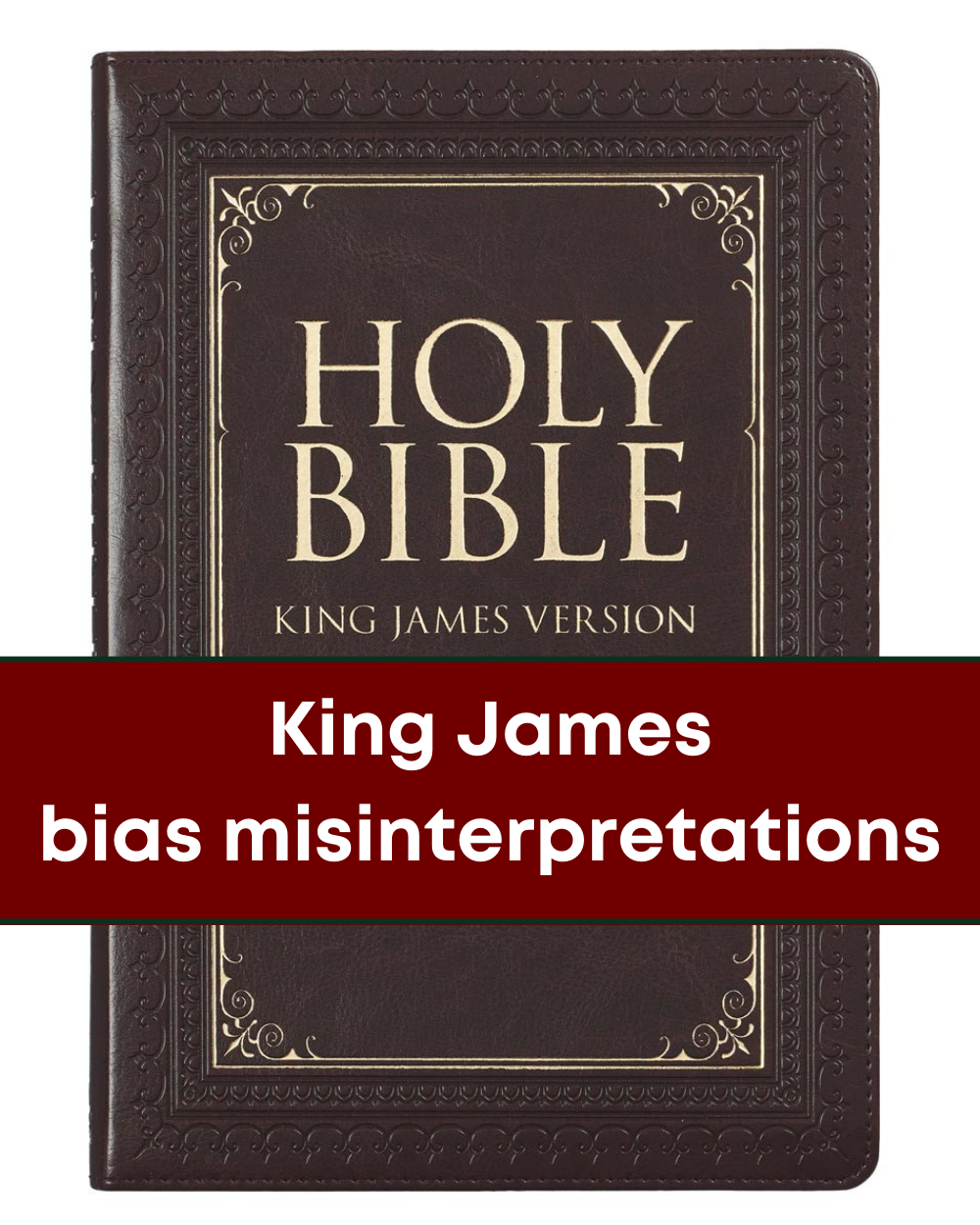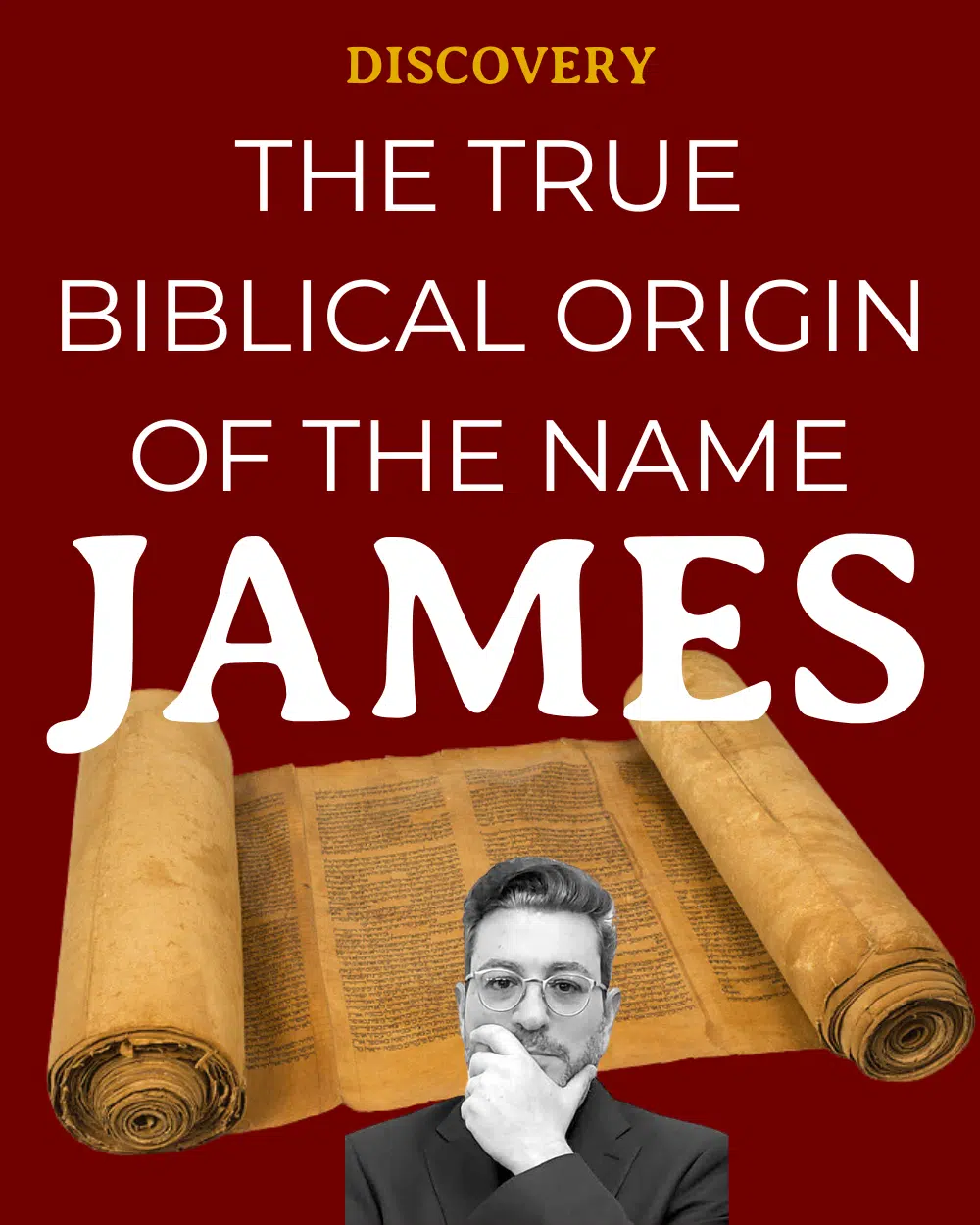The King James Version (KJV) of the Bible, also known as the Authorized Version, was a translation of the Bible into English that was commissioned by King James I of England in 1604 and completed in 1611. The purpose of the translation was to provide an authoritative English version of the Bible that could be used in the Church of England and throughout the English-speaking world. While the KJV was not intended to be a political document, it is possible that political considerations may have played a role in certain aspects of the translation and interpretation of the text.
One political consideration that may have influenced the translation of the KJV was the belief in the divine right of kings. King James I was a strong supporter of the divine right of kings, a belief that held that kings derived their authority directly from God and were accountable only to him. This belief may have influenced the way in which certain passages of the Bible were translated and interpreted in the KJV in order to support the idea of the king’s divine authority.
Another political consideration that may have influenced the KJV was the political and religious tensions that were present in England at the time of the translation. The KJV was translated during a period of significant upheaval in England, including the Tudor-Stuart succession crisis, the English Civil War, and the Glorious Revolution. These events had significant political and religious implications, and it is possible that the translators of the KJV may have been influenced by these tensions and sought to use the translation to support certain political or religious viewpoints.
In addition to these political considerations, the KJV was also influenced by the cultural and historical context in which it was produced. The KJV was translated during the Renaissance, a period of great intellectual and cultural ferment in Europe. The translation was also shaped by the cultural and linguistic influences of the English-speaking world, including the influence of the Latin Vulgate, the Greek Septuagint, and the English translations that had come before it.
Overall, the KJV was a translation of the Bible that was shaped by a variety of political, cultural, and historical considerations.
Academic article 2:
The King James Version (KJV) of the Bible is one of the most popular and widely used translations of the original biblical text. Despite its popularity, the KJV has been subject to political influence and manipulation since its initial release in 1611. This article will examine how political interests have been responsible for the misinterpretation of the original biblical text in the King James Version, as well as the impact this has had on the legacy of King James.
The KJV was commissioned by King James I of England to be a new translation of the Bible that would help uphold and advance the Anglican Church’s authority. As a result, the translators of the KJV often found themselves in the difficult position of having to make decisions that would please the King and the Church, even when those decisions would not accurately reflect the original text. A prime example of this is in the KJV’s translation of the New Testament book of Acts. In the original Greek, the term “gospel” is used to refer to the message of salvation preached by Yeshua and his apostles. However, in the KJV, the term “gospel” is often used to refer to the Church of England and its teachings. This was done in order to strengthen the Church’s authority and ensure that the KJV would be accepted by the King and his court.
The political influence and manipulation of the KJV has also resulted in misinterpretations of the original biblical text. For example, the KJV includes the verse Ephesians 6:5, which states that “servants, be obedient to them that are your masters according to the flesh, with fear and trembling, in singleness of your heart, as unto Christ.” This verse has been used to justify oppressive labor practices and slavery in the past, despite the fact that the original Greek does not condone or even mention slavery. This misinterpretation of the original text is the result of political interests influencing the KJV’s translation.
The political influence and misinterpretation of the KJV has had a significant impact on the legacy of King James. His name is now associated with the Bible, and its many misinterpretations, making him a controversial figure in religious history. Furthermore, the political interests that drove the KJV’s translation have helped to create divisions in the church, as some have embraced the KJV’s interpretation of the Bible while others have rejected it.
In conclusion, the political influence and manipulation of the King James Version of the Bible has had a significant impact on its interpretation, as well as the legacy of King James. It has led to the misinterpretation of the original biblical texts and the advancement of the Church of England’s authority. Despite its flaws, the KJV remains one of the most popular translations of the Bible, and its influence on religious history can still be felt today.
Academic article 3:
The translation and interpretation of the King James Version of the Bible has been a controversial issue for centuries. Originally commissioned in 1604 by James I of England, the King James Version of the Bible has had a strong influence on the English language and religious thought. However, its translation and interpretation, especially in recent years, has been fraught with political considerations. This article will examine some of these political considerations and provide examples of how they have impacted the translation of the King James Version of the Bible.
The first political consideration in the translation and misinterpretation of the King James Version of the Bible is the tension between conservative and liberal interpretations. The King James Version of the Bible was translated to support the King’s religious views, which were those of the Church of England. This has led to a tendency by modern translators to choose words and phrasing that are more consistent with the traditional interpretation of the text, rather than more modern interpretations. The result is that some passages can be misinterpreted or taken out of context in order to support certain political agendas.
For example, the traditional interpretation of the Ten Commandments often emphasizes a rigid adherence to the letter of the law, rather than its spirit. This interpretation has been used to support the views of certain groups, such as religious conservatives, who oppose the more liberal interpretations of the text that prioritize the spirit of the law over the letter.
Another political consideration in the translation and misinterpretation of the King James Version of the Bible is the impact of American culture. In the United States, the King James Version of the Bible is the most popular translation, and it has had a profound impact on American culture. As a result, American culture often shapes the way passages from the Bible are interpreted.
For example, the traditional interpretation of the parable of the Good Samaritan is often used to emphasize the importance of kindness and charity. However, some modern interpretations of the parable emphasize the importance of individual responsibility and personal accountability. This interpretation has been used to support certain political ideologies that favor a “pull yourself up by your bootstraps” approach to social and economic issues.
Finally, there is the issue of gender. The King James Version of the Bible was originally translated with a masculine focus, and this has led to a tendency to interpret certain passages from a gender-biased perspective. For example, the traditional interpretation of the book of Proverbs often emphasizes the importance of male-dominated labor, such as farming and blacksmithing. This interpretation of the text has been used to support the view that women are not as capable as men in certain areas.
In conclusion, the translation and interpretation of the King James Version of the Bible has been fraught with political considerations since its inception. From the tension between conservative and liberal interpretations to the impact of American culture, to the issue of gender, political considerations have impacted the way passages from the Bible are understood. It is important to recognize these political considerations and to take them into account when interpreting the text.













